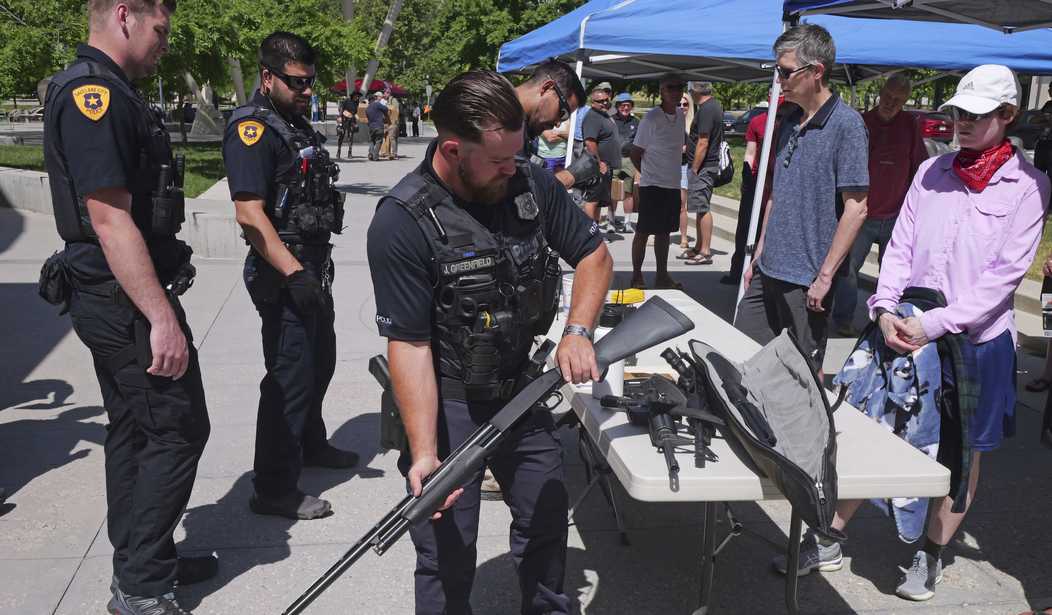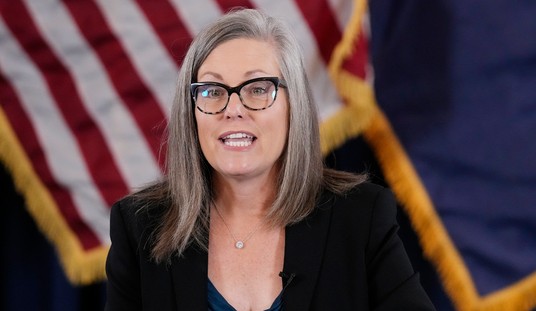Philadelphia is on pace for a record-high number of homicides this year, and public officials are scrambling to show residents that they’re doing something to address the rampant levels of violence on city streets. The Philadelphia police have revived their cold case unit, even though the department is down 20% from its staffing goals, and city officials have announced millions of dollars in spending on community violence prevention programs in an attempt to reduce violent crimes through non-law enforcement measures as well.
Some of those programs may serve a valuable purpose, but there’s one strategy that the city has relied on over the past few years that’s overdue for termination: gun “buybacks”.
According to a recent story by the Philadelphia Inquirer, during the past three years the city has collected more than 1,000 guns at more than a dozen “buyback” events; 16 of them conducted in 2021 alone. And yet, for all those guns “taken off the street,” it turns out that not a single one handed over to police has been determined to have been used in a crime.
“It’s not reaching the area of the community that’s possessing illegal guns and using them,” said Joe Giacalone, a former New York Police Department sergeant-turned-CUNY criminology professor.“It’s political theater.”Philadelphia Police Capt. Frank Palumbo, who coordinates with community groups to staff buyback events, acknowledged that police generally do not expect crime guns to be turned in. But he said getting just one gun off the street could still potentially prevent a fatal shooting.“It tends to be family people, mom-and-pop-type people” attending the events, he said. “It’s people that want to get a gun potentially out of the hands of a toddler that might frequent their homes, or get rid of a gun they don’t use or have the means to secure.”… While these programs generally cost little to run, the department does pay salaries and overtime to officers who help staff the events, like SWAT team members who disarm potentially loaded weapons or detectives who log guns for analysis.Weapons recovered from buyback programs are processed by the forensics lab as they come in. Although a police spokesperson said firearms tagged with priority — like those necessary for solving active crimes or court cases — are processed first, the weapons still add to the work of the city’s already backlogged forensics lab.To Palumbo, the costs of the program are worthwhile even if it’s difficult to demonstrate they are directly preventing street violence.“If we take 1,000 guns in and we save one kid from shooting themselves or another child, it’s really well worth it,” he said. “You can’t prove it, but it’s reasonable to think we’re definitely preventing some of those negative outcomes from happening.”
Jonathan Wilson, clinical director of the Fatherhood Foundation, a community organization that provides workforce training and mentorship programs, said the events should pay the same amount for a gun that a person could get selling it on the illegal market. That can be $800 to $1,000, he said, depending on the weapon.Wilson, who has been shot four times and lives in Southwest Philly, said that since systemic poverty is one driver of gun violence, people may turn to buyback programs when they’re in need of funds, and police may see more crime guns get turned in.But a $50 ShopRite gift card is not nearly enough, he said, so someone in search of cash is far more likely to sell a gun illegally — and that gun then becomes more likely to be used in a crime.Until officials raise the prices, he said, crime guns will remain on the streets. “They’re just circulating and killing and being sold,” he said.









